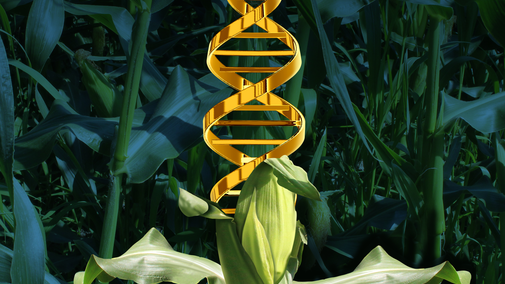Genetic improvement, or biotechnology, is becoming more of a viable tool used to develop better crop varieties that we grow to produce the food, fuel and fiber needs of our citizens.
In 2010, 91% of the corn acres and 94% of the soybean acres in Nebraska were planted with biotechnology derived varieties (USDA Report). These would include insect resistant, herbicide resistant and stacked GMO varieties.
Whether you are:
- A producer or crop consultant who needs to understand how to carefully manage these resistance traits for the long haul, or
- A seed salesperson with many biotech-derived varieties in your sales portfolio, or
- A science teacher looking for information on the applications of biotechnology, or
- Someone interested in how biotechnology has/is being applied to meet todays needs in food, feed and fiber production,
...you will find the navigation links on this site helpful in increasing your knowledge and awareness of many aspects of biotechnology.
Contact:
Leah Sandall
Associate Professor of Practice
(402) 472-9295
lsandall5@unl.edu
Faculty Bio


Genetically Improved Corn
A good source of current biotech corn information is a Plant and Soil Sciences eLibrary lesson called The New Bts.
UNL Corn Contacts:
